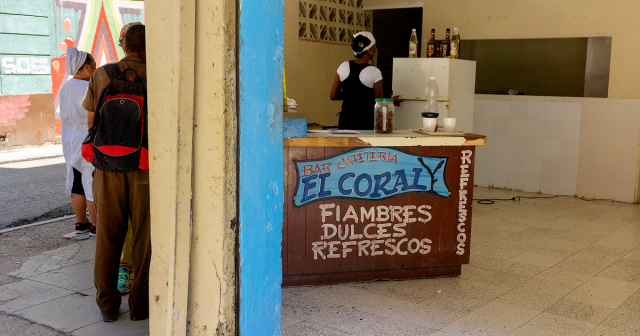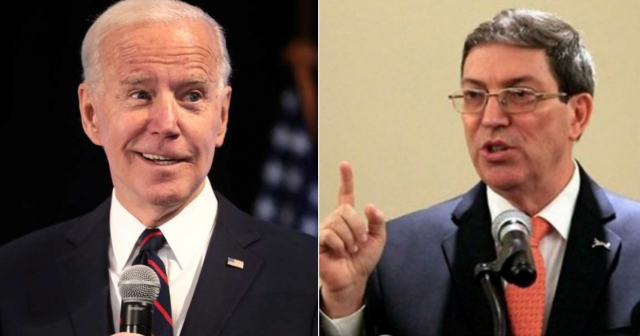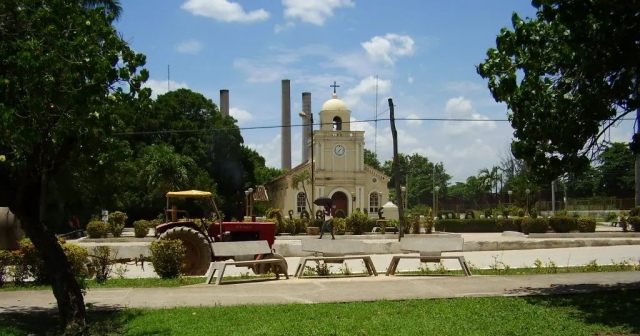The Cuban government closed 476 businesses in the country in April for not allowing the use of electronic channels for payment by citizens for the services or goods they sell, as established by the banking program imposed by the regime.
The Minister of Internal Trade (Mincin), Betsy Díaz Velázquez, said on the official program "Mesa Redonda" that the number of establishments closed for not using electronic payment methods, as established by Resolution 93 of 2023, is still "insufficient" because in some provinces "the level of enforcement (against offenders) is low".
Díaz specified that during April, the number of inspections of private and state entities increased, with the completion of 8,169 "control actions"; however, he stated that there has been an increase in reports from the population about establishments that do not allow electronic payments.
According to the official, state-owned companies "have to set an example." However, despite 98% of retail entities having implemented these payment systems, complaints continue to arrive from establishments where people have not been able to pay through that method, she pointed out.
He revealed that the major issues are located in the agricultural markets of state-owned and leased companies, in the bakeries of the Cuban bread Chain, and in other forms of state management, which have not even established the code for transactions or expanded the use of electronic payment channels.
In the private sector, the minister stated that there are companies with "import levels that, when you check their tax account, have not engaged in operations; therefore, the code they have is not being used".
He also stated that the practice has proliferated among non-state entities of charging customers a fee of 10 to 15% for using an electronic channel, and that payments are also being made to individuals' accounts rather than to the business's account where the purchase is made.
Díaz warned that "it is a matter of respect for what the State has established, governments legislate and rules must be respected."
The head of Mincin revealed that licenses have been revoked in 380 establishments and fines have been imposed. However, she considered the amounts of the fines to be insufficient, which according to Decree 184 range from 25 to 100 pesos.
That has no effect, but we are in the process of amending the Decree. The fines will be substantial," he threatened, "and we will also put an end to closures (of establishments). There must be strictness."
The minister insisted that the government will continue to work to ensure that these policies are implemented throughout the country, citing the need due to the lack of cash, a problem that hits citizens hard, especially when they have to withdraw their salaries or pensions from ATMs where there is not enough money.
Last November, the Cuban government decreed that all businesses in the country must provide consumers with the necessary means for electronic payments.
The Official Gazette of the Republic published Resolution 93 of 2023 from the Ministry of Foreign Trade and Investment, which requires entities dedicated to commerce to provide consumers with access to and use of electronic payment channels.
The measure established as a requirement for those establishments to have payment facilities through national gateways or point of sale terminals, for the marketing of goods and provision of services to the consumer.
On that date, according to official information, there were at least 20,000 units of Commerce and local subordination in the country that had electronic payment. However, it was determined that state and non-state economic actors carrying out activities regulated by the Ministry of Internal Trade would also be required to ensure channels for electronic payment.
Prior to the implementation of the measure on February 2 of this year, the Cuban government warned that businesses without the option to accept electronic payments would face fines, closures, and confiscations.
What do you think?
COMMENTFiled under:






